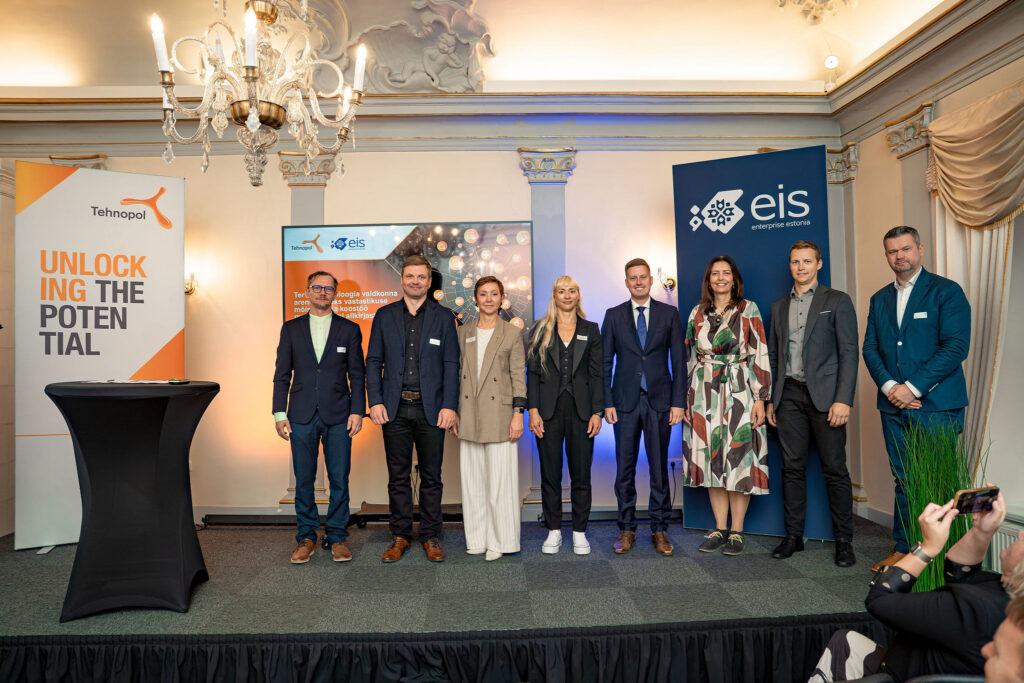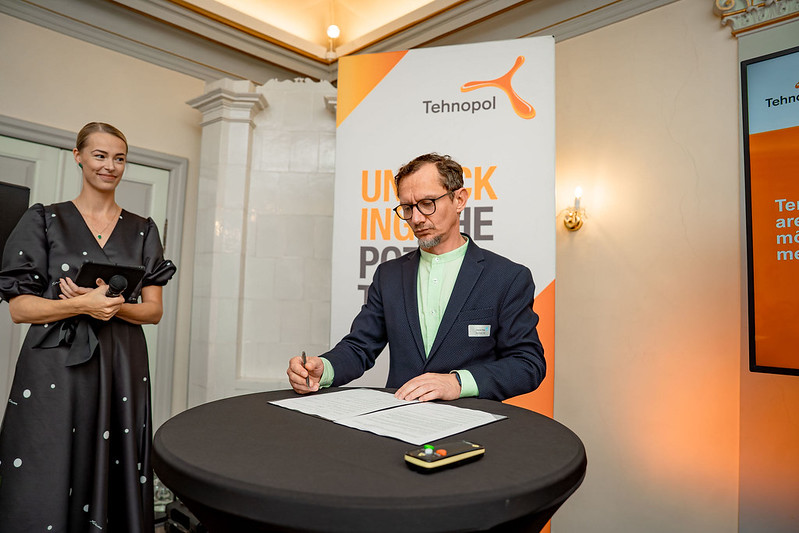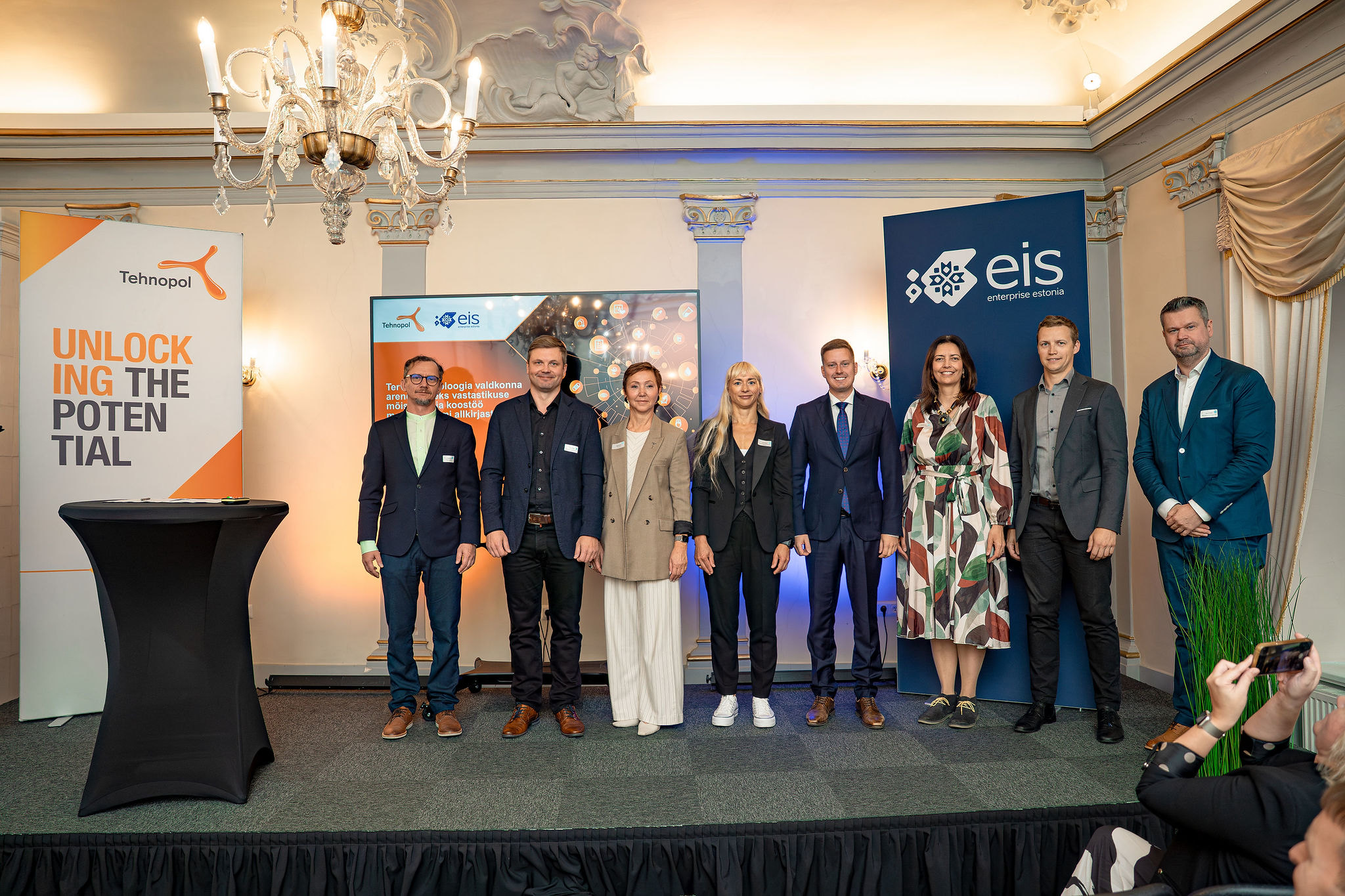The Ministry of Social Affairs, the Ministry of Economic Affairs and Communications, Metrosert, and several professional organizations agreed on a joint plan to give health technology in Estonia a new boost. This means that more smart solutions will be developed for doctors and patients to improve treatment and everyday life. In addition, this will bring new research, jobs, and export opportunities to the economy. Ultimately, this will come full circle and benefit people’s health.
The memorandum will be followed by a roadmap, or action plan, for joint activities by the signatories, which will be ready by the end of September. The action plan includes, for example, simplifying the market launch of new healthcare solutions, supporting the adoption of new products among doctors and patients, and contributing to the export of proven technologies.
According to Social Affairs Minister Karmen Joller, healthcare should be viewed as a potential source of income, as people’s good health has a clear economic impact. “The state’s job is to create an environment that promotes innovation, where entrepreneurs can create new solutions and healthcare institutions can test them. There is great interest in the field of health technologies around the world, and Estonia has all the prerequisites to continue to be a pioneer in this area. Both doctors and patients will benefit from this,” added Joller.
Minister of Economic Affairs and Industry Erkki Keldo emphasized that cooperation between the public and private sectors is essential to ensure the sustainability of the healthcare system. “Due to an aging society and financial constraints, we cannot afford to use outdated technologies. Innovation through more effective, faster, and higher-quality data-based services must reach our healthcare system. This means greater involvement of the private sector than before. This will benefit our healthcare system, our people, and open up better growth and export opportunities for Estonian companies,” Keldo explained.
Indrek Tulp, member of the Metrosert board and head of the Applied Research Center, noted that the memorandum of understanding is extremely important to Metrosert, as it brings together partners in the health ecosystem under a common goal and creates a trustworthy framework for secure data use and meaningful cooperation. “Together, we can bring science-based and data-driven solutions to life more quickly, raising the bar for responsible innovation and strengthening the international competitiveness of Estonian health technology,” he said.
The key word in the memorandum is “together,” meaning that the private and public sectors in Estonia will jointly create an environment that is innovation-friendly from the moment of birth to the moment it reaches foreign markets. This will be done with as little bureaucracy as possible, but still in a secure and science-based manner. With limited resources, it is particularly critical to join forces.
Tehnopol CEO Agnes Roos also considered it important not only to introduce solutions that enable better prevention and treatment in Estonia, but also to expand into new markets. “The agreement of intent is a sign that the health community is working together to ensure that the next international success stories emerge from here – why not even a health technology unicorn? If we can join forces, solutions will emerge that will make healthcare more efficient and improve people’s health and quality of life,” said Tehnopol CEO Agnes Roos.
The memorandum has been signed by the Ministry of Social Affairs, the Ministry of Economic Affairs and Communications, the Enterprise and Innovation Foundation, Metrosert, the Tallinn Science Park Tehnopol Foundation (health technology community), the Estonian Health Economy Chamber (including Health Founders and DTx Estonia), the Estonian Information Technology and Telecommunications Union, and Tartu Biotechnology Park.


Photos: Enriko Pedaksalu
